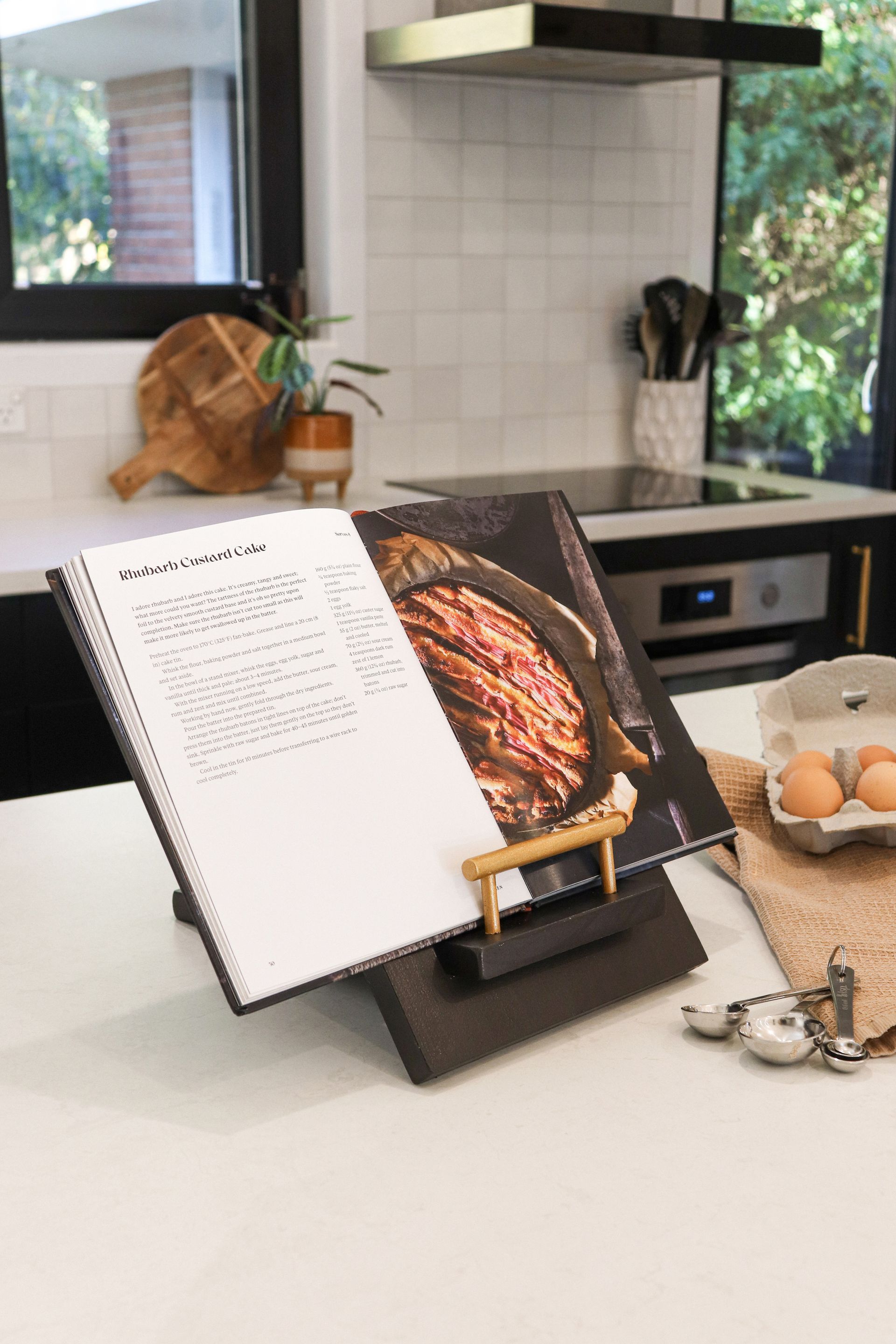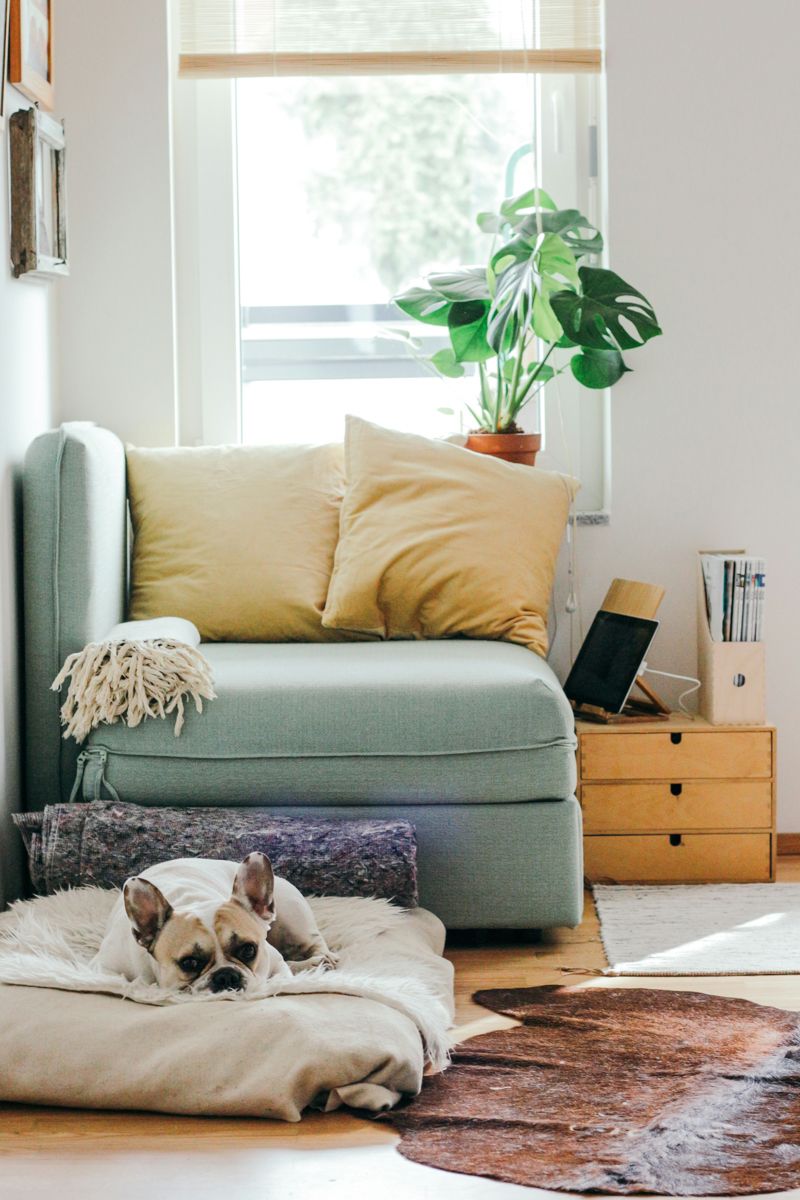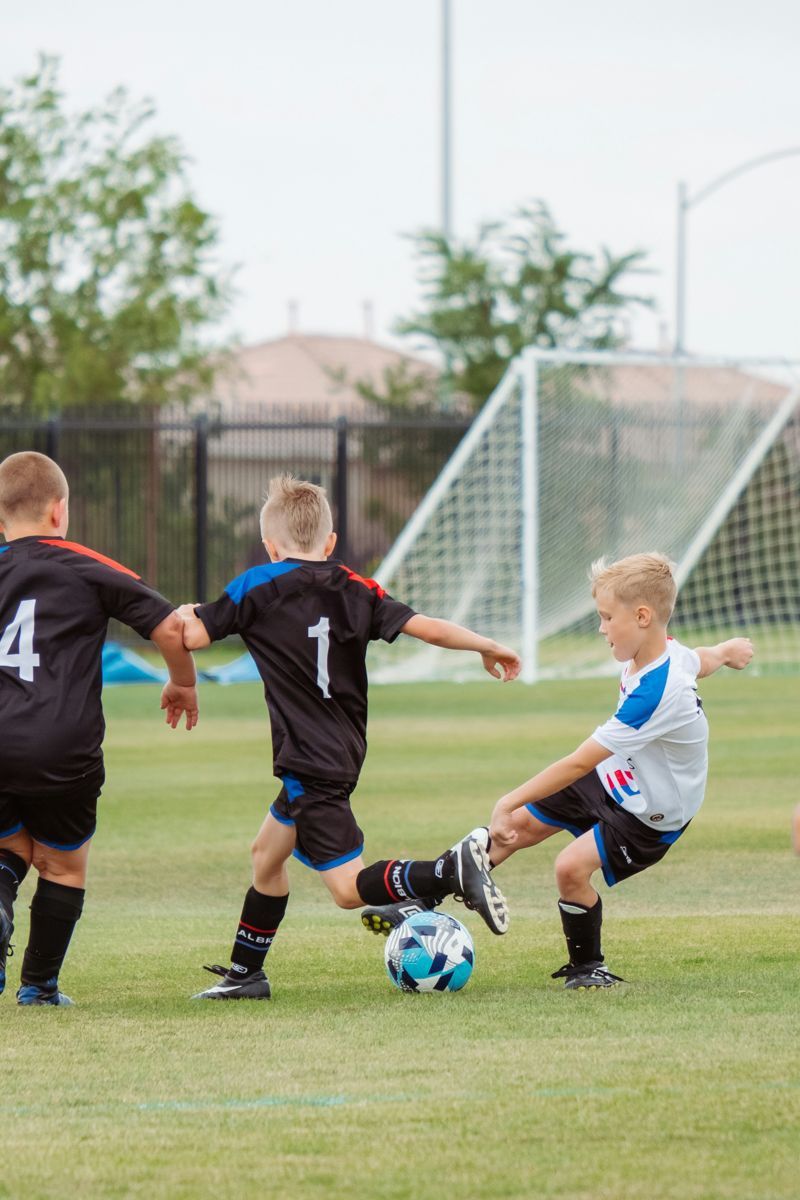When one considers charity, provision of money, food and basic clothing items typically comes to mind. Who would have known that the key to empowerment may actually be contained within certain hidden undergarments: bras. Pauline Watson does. In November 2019, the coordinator of New Zealand’s Uplift Project, who has now come to be known as ‘The Bra Lady’, travelled to Fiji to deliver suitcases of these precious items. I followed her to capture the journey and effect of New Zealand’s benevolence.
Standing in Pauline Watson’s lounge room on ‘sorting and packing’ day is an amusing juxtaposition. The general living space – walls, shelves, nooks and crannies – is neatly adorned with mementoes and photographs that betray a cultivated and cosmopolitan life. However, on this day, the floor is littered with what could only be described as an explosion of undergarments, the majority of which are bras. Approximately 1000 of them are spread from wall to wall; a smorgasbord of colours, sizes and designs.
Wading amongst it all trying to refashion her house back into an orderly state is Pauline, the coordinator of New Zealand’s Uplift Project, and her volunteers who have kindly given their Saturday to ensure that she is ready to deliver these bras to Fijian women in just a week’s time.
The Uplift Project is a benevolent organisation that seeks to empower women of many nations through the provision of clothing items that are typically inaccessible, unaffordable, or, sometimes, otherwise withheld.
It may seem strange that well-fitted and quality manufactured bras, an affordable and widely available clothing item here in New Zealand, are the primary focus of a philanthropic movement; but they are absolutely treasured by women in the developing world. In one week, not only did I learn more about bras than possibly any other young man currently alive, I saw women’s entire demeanours transform before my eyes. I witnessed young girls sprinting away from us, squealing in delight as they clutched their new sports bras tightly to their chests; I watched tears well in the eyes of elderly women who have must have lived their whole lives without a single one to their name.
The emotion that these particular items evoked is no mystery when the wider issue is understood. In developing nations, quality bras are exclusively sold in upmarket department stores, and demand the equivalent of a week’s wage, often leading to contention in a household over ‘necessary costs’. The only affordable options for Fijian women are typically manufactured from nylon and imported cheaply from China.
In humid nations, such as Fiji, the absence of a well-fitted bra is extremely uncomfortable, inevitably causing rash and irritation due to rubbing against the chest wall. Women are less likely to find employment if they are unable to wear a bra, and its absence is now suspected to be demeaning to the point of sexual and domestic violence.
To date, Pauline has coordinated the donation of over 50,000 second-hand and unused bras to nations such as Fiji, Vanuatu and Tonga, as well as here in New Zealand, all without official charitable status, and largely independently; although, of course, she does rely on the important work of volunteers who assist in packing and facilitation of regional collection points. ‘When I first discovered this role, I thought to myself, “Maybe I could just do this by myself”,’ she says, ingenuously referring to collecting a nation’s worth of bras.
Eileen, who regularly volunteers her time, chuckles at such a remark, because she consistently witnesses the selfless efforts Pauline undertakes just to get a single shipment out of her door. Pauline frequents the damaged baggage department of Christchurch’s International Airport, nabbing near-perfect suitcases – at worst, missing a handle or wheel – tagged for landfill, and ably fits approximately 250 bras in each. If she is not travelling herself, she pairs a suitcase with friends, family or anyone else who has asked how they can assist and is travelling to a nation in need. ‘I have some male friends who travel to Fiji on business, and I often laugh at the thought of them being questioned by burly Fijian customs officers on the contents of their luggage.’ I imagined myself, a week from that moment, fulfilling Pauline’s amusing fantasy, as all of my checked baggage was to be full to the brim with bras. That was a first for me.
The purpose of Pauline’s trip was twofold: networking, and the actual delivery of the bras – not only those that we had brought, but also an entire shipping container’s worth that had been sent from the Australian branch of the Uplift Project. If everything worked out to be timely, which is not a light request when you take into account ‘Fiji time’, Pauline’s journey would culminate with a bra delivery to a remote island community. However, the shipping container was being held in customs with no given date for release. In a five-day trip to Suva, Pauline had scheduled a tight agenda, and it was almost upended by the fact that the bras nearly didn’t make the connecting flight.
Despite direction received in Christchurch, the four suitcases were not transferred, resulting in a mad dash for Pauline off the plane, across the tarmac – past a few confused baggage handlers – and back into the domestic terminal to resolve this embarrassing situation. Luckily, Pauline, at the age of 67, is a regular competitor in distance running events, so she made it back to the flight barely breaking a sweat. Once we arrived in Suva, we were greeted by a new contact, Sala Wong.
Sala, recently elected as President of the Provincial Women’s Association, operates her own domestic charitable movement, particularly working to support single mothers and their children. She was also to be our driver, chaperone and translator for the coming days. Our first stop was to local organisation Let’s Swim Fiji which facilitates significantly discounted swimming lessons, including drowning prevention and water safety techniques for Fijian children; integral for a nation so prone to flash flooding and storm surge.
‘Unfortunately, in Fiji, durable swimming costumes are very expensive [relative to wages]. Because showing too much skin is taboo, many people try to swim instead in long, heavy clothing. This causes a lot of drowning,’ says David, one of the head swimming coaches. Fortunately, Pauline brought along a few swimming costumes suitable for children, and left with an understanding that more are certainly needed; she sent another 75 in January 2020.
A similar sentiment was expressed by the Permanent Secretary for Women in Fiji, Jennifer Poole, when Pauline met with her at the Ministry of Women, Children and Poverty Alleviation. According to Jennifer, the rates of Fijian female participation in sport drops dramatically at the later stages of adolescence, due to the lack of access to durable sports bras, a possible contributing factor to early health concerns in Fijian women, such as diabetes, with a prevalence that has been reported as high as 30 per cent in Fijian adults. ‘Pauline’s programme is bringing dignity to women here in Fiji, and that is a human right,’ says Jennifer.
By far, the most illuminating meeting was with Fiji’s Medical Services Pacific (MSP), a Suva-based Non-Governmental Organisation committed to prevention of communicable diseases, as well as family and sexual violence – both described as ‘epidemics’ in Fiji by Ashna, the programme’s coordinator. MSP is the only post-rape clinic that exists in Fiji, a nation of more than 300 islands. They were also the first to establish a child abuse hotline in 2015, and have since received over 50,000 legitimate calls for assistance.
The building was almost vacant when we entered, as the majority of their team were travelling throughout the Fijian islands attempting to stifle a recent severe outbreak of measles. ‘We discovered the demand for bras when village women were reported to be asking tourists for [spontaneous] donations,’ says Ashna. ‘Breast cancer is also the second biggest cause of mortality for Fijian women, so we are in desperate need to supply prostheses for women who have had mastectomies.’ According to Ashna, some women have been reduced to using newspaper in order to avoid taunting. On cue, Pauline produces a bundle of hand-knitted woollen prostheses, colloquially referred to as ‘knitted knockers’, donated by a breast cancer survivor in New Zealand. Ashna beamed from ear to ear. Another bag of ‘knitted knockers’ was then delivered to the Suva hospital that afternoon.
Pauline visited two ‘solo mums’ projects during her time in Suva, delivering 500 bras and several pairs of underwear – equally crucial – to mothers and daughters of all ages. In one project, prior to Pauline’s arrival, two sisters had been alternating a single bra between them, typically for formal occasions such as church attendance and job interviews. Pauline was able to allocate at least four bras per woman. ‘When I was married, I regularly argued with my husband to pay for these, so this is such a privilege,’ says Tania, a mother to a beautiful daughter with Down syndrome. ‘Single mothers here have an average of four children, and we invest everything into them because they are the future of our country,’ another mother, Ateca, adds. It seemed sad to leave the group; it was obvious how much inspiration Pauline drew from them. But, the shipping container from Australia had finally been cleared by customs, so it was time to join the Fijian wing of the Uplift Project on their journey to the remote community on Serua Island.
I have never witnessed a woman so singular; so confident and comfortable in her own skin as Elina Ragogo, the coordinator of the Fijian Uplift Project. The love contained within this woman, the patriotism and sheer wisdom simply radiated from her. At 70 years old, she had been involved with the Uplift Project for 11 years. She and her family had been up until 2 am that morning sorting and packing the Australian shipment of bras into laundry bags. Pauline was whisked into a traditional technicolour Fijian ‘Jumba’, and we were ready for the journey to the island. This first involved moving in the back of a truck for two hours; Elina, who referred to me as ‘boy’, and her relatives fussed over us the entire time.
‘Are you comfortable?’, ‘Is the lighting good for your photos?’, ‘Stretch your legs out more!’, ‘Boy, are you married?’ Arriving at low tide, the next segment of our journey was to wade through the channel towards the island, whilst the bras were ferried by boat. The local women had gathered in the village hall, and Elina announced to them how the fitting and distribution process was going to work. Viri, her granddaughter, translated next to me. ‘Now Elina is telling the ladies about Pauline and the donations from Australia and New Zealand. She is saying how this would not have been possible without that support.’ The hall erupted into applause, followed by prayer, and then by song. At least 1000 bras were due to be fitted that day; and, as the fitting process began – which was my cue to excuse myself – I glanced across to Pauline. Another mission, she knew, had been successful.
‘So, what is next for you?’ I asked her, actually referring to the approaching Christmas break. ‘Samoa, sometime next year,’ she replies. ‘Eileen wants to accompany me on that one, good heavens!’
Recent stories










